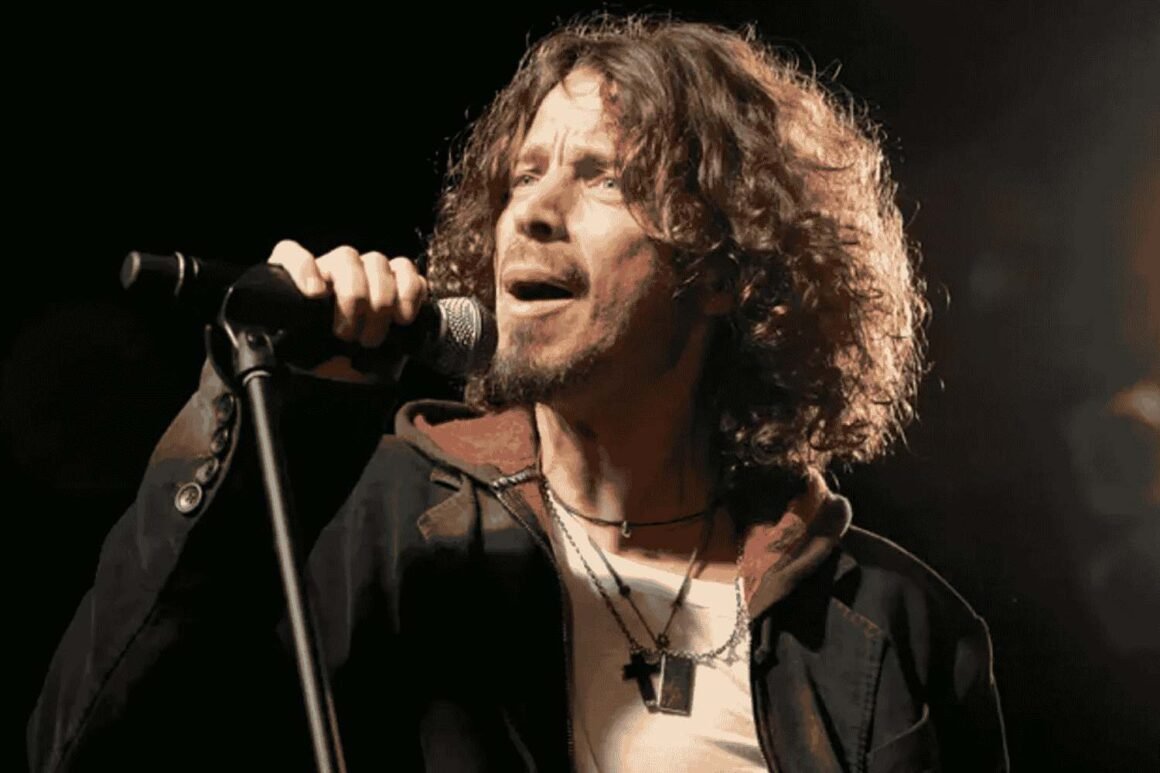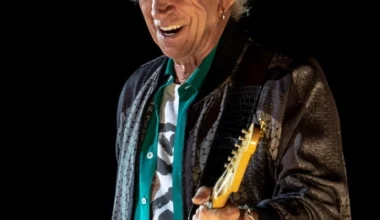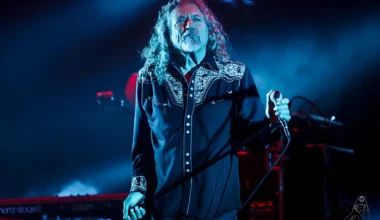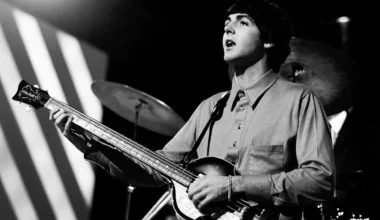The phrase “Sex, drugs, rock ‘n’ roll” has long been the anthem of the rock music lifestyle.
From its inception, the party scene has been closely tied to the genre, captivating musicians and fans alike.
While some view it as a rite of passage, the darker side of rock ‘n’ roll often rears its head when the party spirals out of control.
The addictive nature of the substances tied to this lifestyle frequently causes musicians to lose themselves, both in their art and in life.
Many artists have experimented with drugs in search of creative inspiration. It’s a dangerous game. Substances like LSD are often credited with unlocking new perspectives or feelings, helping artists see the world differently.
But this pursuit can also trap them in an altered state, leading to a loss of personal identity.
The Beatles famously experimented with LSD during the creation of albums like Revolver and Sgt. Pepper’s Lonely Hearts Club Band, which set a precedent for many who followed.
Paul McCartney himself reflected on the misconception, saying, “I don’t think my fans are going to take drugs just because I did… but that’s not the point anyway.”
Some artists, like Damon Albarn, fell deeper into the grip of addiction, particularly with heroin.
Albarn initially turned to the drug as a tool to fuel his creativity, but it gradually consumed him.
“Heroin freed me up. I hate talking about this because of my daughter, my family. But for me, it was incredibly creative,” he admitted. “Heroin does turn you into a very isolated person, and ultimately anything that you are truly dependent on is not good.”
Many musicians are able to recognize their downward spiral and seek help, but for others, intervention is crucial.
Chris Cornell, for example, found himself in such a situation. His drug dependency began to overshadow his work with Audioslave, and his bandmates became concerned for his well-being.
Their focus shifted away from the music and toward Cornell’s health as his addiction worsened.
“Realizing how I was affecting people I cared about made a big difference,” Cornell shared.
“The other three members of Audioslave didn’t know me that well, and when we started making the first record, I was pretty much at my worst. I think they just looked at it as, ‘Oh, this is the kind of guy we have in our band now.’”
While Audioslave was still producing great music, the tension surrounding Cornell’s addiction grew. His bandmates eventually had to step in.
“We were writing great songs, but then it got scary for them,” Cornell explained. “Their urging didn’t come from a place like, ‘We’re concerned about our careers.’
It came from a place like, ‘We’re concerned about you.’ I felt a massive sense of sadness and fear in them that made me wake up.”
It was that intervention from his bandmates that helped Cornell begin the difficult journey of overcoming his addiction.
The emotional connection and genuine concern of those around him proved more powerful than any substance he had ever used.







